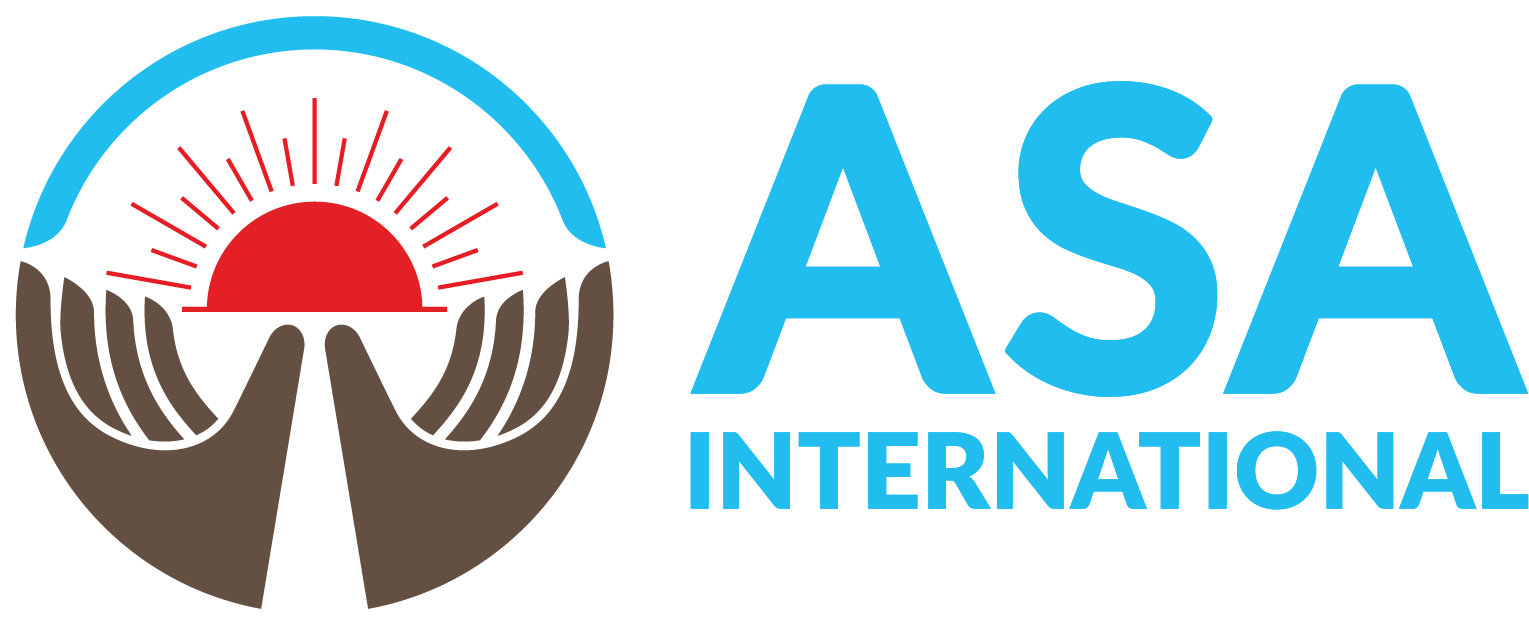Measures the Company has taken to sustain its desired culture
A positive corporate culture helps to attract and retain employees. When employees thrive, the Company thrives. The Group’s leadership team has been working alongside the co-founders since the inception of ASA International. They promote desired practices through their day-to-day actions, which are an example for the rest of the team. The following measures are taken to sustain the Company’s desired culture:
The Group focuses on recruiting young graduates, often from rural or semi-urban backgrounds, who are interested in working with low-income communities. Despite economic and/or political challenges in some countries, the Group successfully onboarded a total of 4,465 team members across their operating subsidiaries in 2023.
To nurture talent, the Group emphasises on-the-job training supplemented by a comprehensive 12-day Pre-Service Orientation (‘PSO’) programme. During PSO, colleagues learn about the Company’s heritage, mission, core values, Code of Conduct, HR policies, loan appraisal process, client selection, and financial procedures, among other essential topics. In 2023, 8,559 employees underwent PSO training, equipping them with the necessary knowledge and skills to excel in their roles.
Training continues to play a pivotal role as colleagues advance into senior positions, covering a wide range of areas including anti-money laundering, diversity and inclusion, skill development, crisis management, cyber security, digitalisation, and role-specific training. In 2023, the Group recorded a total of 21,531 training attendees and 67,107 hours of training, underscoring its commitment to continuous learning and development.
Promotion opportunities are extended to employees who not only demonstrate leadership qualities but also embody the Company values and core principles of the ASA Model. With a staff retention rate of 74%, turnover is considered low, enabling many employees to grow within the Company. In 2023, 1,348 promotions were recorded, with a significant proportion being loan officers promoted to assistant branch managers. 40% of the total number of colleagues promoted are female.
A vital aspect of supporting colleagues is ensuring their satisfaction and well-being. The Group conducts an annual employee satisfaction survey, with a participation rate of around 33% and a satisfaction rate of 81%. Feedback from the survey informs efforts to enhance professional growth opportunities, work-life balance, and overall job satisfaction. Notably, the survey results indicate that the vast majority of employees feel they work well together, are treated fairly, and find their tasks conducive to professional growth. Areas for improvement are particularly in promoting a healthier work-life balance.
To enhance data quality, the surveys conducted have undergone a thorough review and updating process. As a result, while figures may appear lower in some cases this year, the Company believes they are now more representative of the operations.
The Group has implemented robust mechanisms to address employee concerns and maintain a positive work environment. Employees are encouraged to report any actions that may violate laws, regulations, or Company policies through a whistleblowing system. In 2023, there were no whistleblowing incidents reported across the Group, demonstrating a culture of compliance and ethical conduct. To further support transparency and accountability, the Group established a Grievance Mitigation Committee (‘GMC’) to address appeals and complaints. In 2023, the GMC received a total of 11 appeals and five direct complaints. Investigations into these cases led to corrective actions such as warnings, fund recoveries, transfers, summary dismissals, and termination of contracts. Preventative measures include ongoing training sessions and awareness programmes to ensure employees feel supported and valued.
As a global Company active in 15 countries, the Group celebrates its culturally diverse workforce. In terms of gender, in 2023, the operating subsidiaries represents 37% of the Group’s overall female representation, broken down in East Africa: 13.8%, West Africa: 9.0%, East Asia: 9.8% and South Asia: 4.0%. Due to cultural reasons in South Asia and safety issues related to travelling alone, hiring women still appears to be a challenge in this region, which impacts the Group’s overall gender representation. The female representation at the senior leadership level at subsidiary level is 21%. In terms of age, 47% of the Company’s employees are under 30 years old and 1% over 50.
Efforts to improve gender representation include the formation of a Diversity, Equity, and Inclusion (‘DEI’) Committee, the approval of a DEI policy, and the establishment of goals and targets to improve gender representation at various organisational levels across all entities. Progress on these targets is regularly evaluated through progress reports and bi-annual meetings with the DEI committee and the CEOs of the operating countries. These meetings not only assess progress but also focus on addressing the challenges when targets are not met. These goals and targets have resulted, among other things, in an increase of females in committees and interview panels, as well as the development of DEI training and mentorship programs, reinforcing the Group’s commitment to fostering an inclusive workplace where all employees feel valued and respected.
The branches of the operating subsidiaries, being an integral part of the communities in which they operate, undertake social impact initiatives to fulfil their commitment to social welfare. The initiative of these projects predominantly lies with the field staff at the branch level, as they maintain regular contact with clients and the community and understand their needs. To fund these activities, the Company’s subsidiaries allocate a percentage of their profits, typically between 0.5% and 1%, except in countries such as India, where regulations stipulate a higher percentage of 2%. The projects are highly regarded by colleagues, clients and the wider community, and focus on improving health, education, environment or providing disaster relief.

